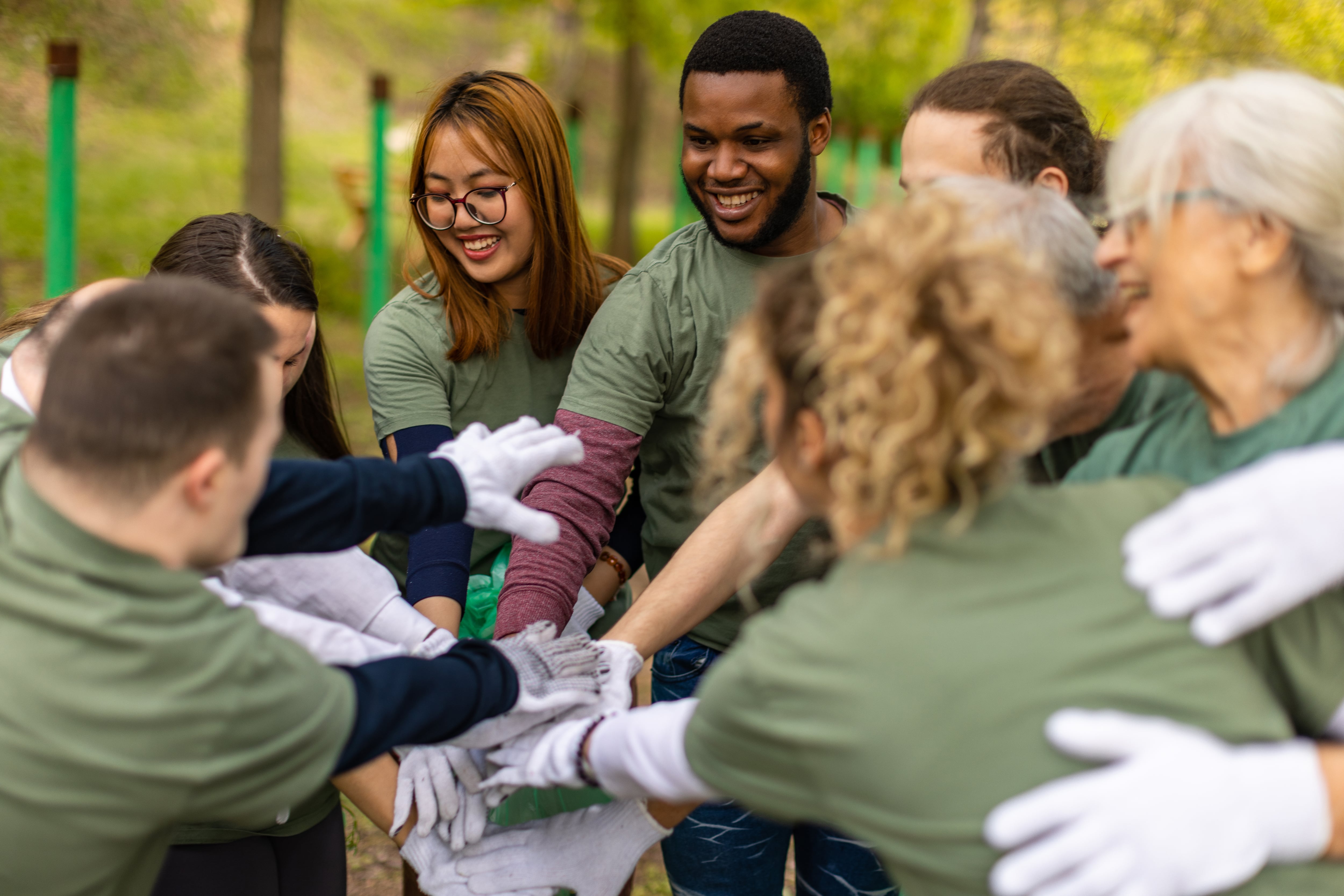In today’s complex corporate landscape, leading brands are discovering that genuine support for military veterans can be as transformative for the companies as it is for the individuals they employ. At MCON, a gathering focused on the power of community-driven missions, leaders shared how their organizations go beyond traditional support for veterans—integrating veterans’ strengths into their companies’ values and fostering partnerships that benefit all involved.
Changing the Narrative Around Veterans
For years, public discourse around veterans has often centered on themes of sacrifice, trauma, and struggle. But as Kevin Schmiegel, CEO of ZeroMils, a veteran-focused social enterprise, emphasized at MCON, this narrative is evolving. With veteran unemployment hitting a low of 2.8% last year, many veterans are thriving post-service, contributing significant value to the workplace and community. Companies that understand this shift are seeing a strong return on investment, both financially and culturally.
Veterans bring skills, resilience, and leadership experience that elevate corporate teams. Brands willing to shift the focus from “military-friendly” to “military-thriving” cultures are seeing real results. “Veterans don’t just want a job—they want purpose,” Schmiegel shared. “And companies that provide that purpose benefit immensely.”
A Structured Commitment: Leonardo DRS’ Veteran Support Programs
At Leonardo DRS, veteran support is deeply embedded in the company’s values, and its social responsibility efforts focus on three primary pillars: charitable giving, employee engagement, and active communication. These pillars enable Leonardo DRS to support military families through nonprofit organizations like Fisher House Foundation and Homes for Our Troops. Each nonprofit partner meets a unique need, ensuring that the company’s contributions provide long-term impact.
Carrie Robinson, Vice President of Marketing and Communications at Leonardo DRS, spoke at MCON about how the company’s approach to employee engagement and corporate giving fosters a community-driven culture. Through programs like “My Community,” Leonardo DRS employees can volunteer for military service organizations, with the company paying for volunteer time and matching employees’ donations to charities. In addition, their monthly Military Service Organization (MSO) spotlight shines a light on partner nonprofits, raising awareness and driving employee engagement. “This isn’t just a corporate obligation,” Robinson explained. “It’s a way to show our employees and military families that we’re in this together.”
Black Rifle Coffee Company: Community Impact Beyond Coffee
Black Rifle Coffee Company takes a similarly hands-on approach to supporting veterans. With around 70% of its workforce being veterans, Black Rifle’s commitment to veterans is deeply personal. At MCON, Dean Goble, the company’s Director of Philanthropy, shared how Black Rifle’s programs bridge veterans with meaningful opportunities, using philanthropy to bring veterans into supportive, mission-aligned roles.
Goble shared a story of a veteran who, after a combat injury and subsequent amputation, struggled with severe PTSD. Supported by Black Rifle’s community programs, this veteran was able to realize a lifelong dream by standing on a football field during a major game—a moment of healing and empowerment. The story underscores how Black Rifle fosters personal growth among veterans while building a loyal customer base that respects the brand’s mission.
Black Rifle’s work also includes partnering with grassroots nonprofits like Sheep Dog Impact Assistance, which provides essential services to veterans and first responders. Goble emphasized the significance of supporting smaller nonprofits: “These organizations operate at the community level, making real, tangible impacts,” he said. “And by amplifying their voices, we’re helping them grow, too.”
The Economic Impact of Veteran-Friendly Policies
Brands like Leonardo DRS, ZeroMils, and Black Rifle Coffee Company are reaping the rewards of their investments in veterans, and not only in terms of employee loyalty and brand reputation. With the U.S. military consumer market representing $2.1 trillion, companies that prioritize veteran support gain access to a powerful consumer base. Veterans’ skills are also helping to fill critical roles within companies, addressing talent shortages in ways that contribute directly to their growth.
While large companies like Leonardo DRS can offer substantial grants and volunteer programs, smaller businesses can make a similar impact by supporting local initiatives. Robinson encouraged all businesses, regardless of size, to get involved: “You don’t have to be a large company to support veterans. Small actions, like sponsoring a local 5K or hosting an event, can make a difference,” she said.
A Call for Community Engagement
For many companies, fostering a thriving veteran community is more than altruism—it’s about making an investment in the future. Leonardo DRS, ZeroMils, and Black Rifle Coffee demonstrate how a veteran-friendly culture is good business, not only creating positive employee experiences but also strengthening communities. Companies can have an outsized impact by valuing veterans as more than employees—by seeing them as community partners who drive the mission forward.
As veteran support continues to evolve, insights shared at MCON offer an inspiring model of what’s possible when brands and veterans work together to create lasting change. In their commitment to community, purpose, and opportunity, these companies remind us all that bridging the gap between brands and veterans benefits not just veterans but society as a whole.




